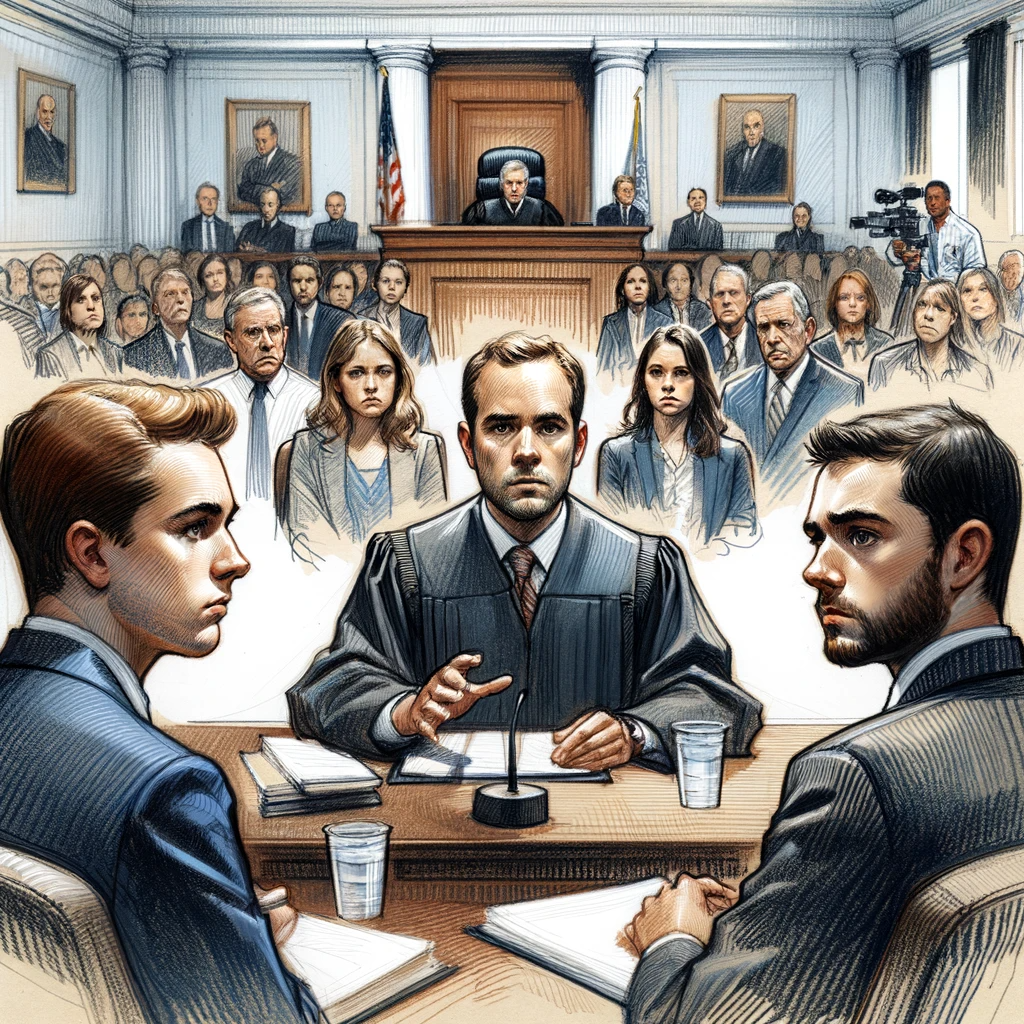Case Digest: Bartenwerfer v. Buckley

The Supreme Court ruled in "Bartenwerfer v. Buckley" that under Section 523(a)(2)(A) of the Bankruptcy Code, a debt obtained by fraud is non-dischargeable in bankruptcy, irrespective of the debtor's personal involvement in the fraud. This decision affirms the principle that liability for fraud can be attributed to an individual even if they did not directly commit the fraud.
Introduction:
The case of "Bartenwerfer v. Buckley" revolves around the complexities of bankruptcy law, particularly the dischargeability of debts obtained through fraud. This case sheds light on how the legal system balances the interests of debtors and creditors, especially when fraud is involved.
Facts of the Case:
Kate and David Bartenwerfer, while remodeling a house in San Francisco for profit, sold it to Kieran Buckley. After the sale, Buckley discovered undisclosed defects and won a lawsuit against the Bartenwerfers, leading them to file for Chapter 7 bankruptcy. Buckley then filed a complaint in the bankruptcy proceeding, arguing the debt owed was nondischargeable under the Bankruptcy Code's exception for debts obtained by fraud.
Issue of the Case:
The central legal question was whether Kate Bartenwerfer could discharge her debt in bankruptcy, despite it being obtained through her partner's fraud, and whether she needed to be personally culpable for the fraud to bar discharge.
Ruling of the Case:
The Supreme Court held that under Section 523(a)(2)(A) of the Bankruptcy Code, Kate Bartenwerfer cannot discharge the debt in bankruptcy, regardless of her personal involvement in the fraud. The Court's interpretation emphasized the passive voice of the statute, focusing on the nature of the debt rather than the identity of the actor committing the fraud.
Impact on the Legal System:
This ruling underscores the broad scope of liability under the common law of fraud and the Bankruptcy Code. It clarifies that individuals can be held responsible for debts obtained by fraud even if they did not directly commit the fraudulent act, reinforcing the principle that legal partnerships and relationships can extend individual liability.
Conclusion:
"Bartenwerfer v. Buckley" is significant in understanding how bankruptcy law interacts with fraud liability. The Supreme Court's decision highlights the importance of understanding the ramifications of legal partnerships and the potential breadth of liability for fraudulent acts within these partnerships.

